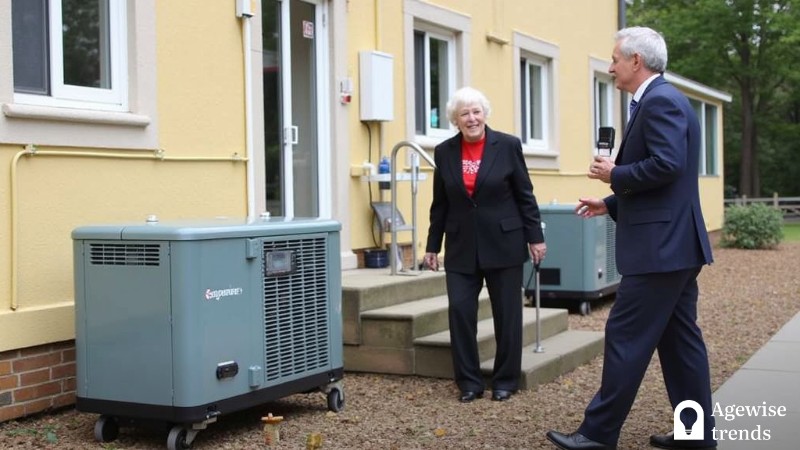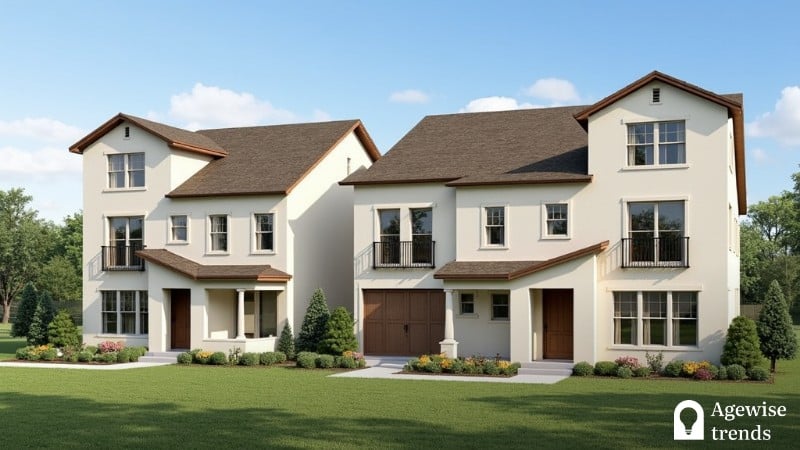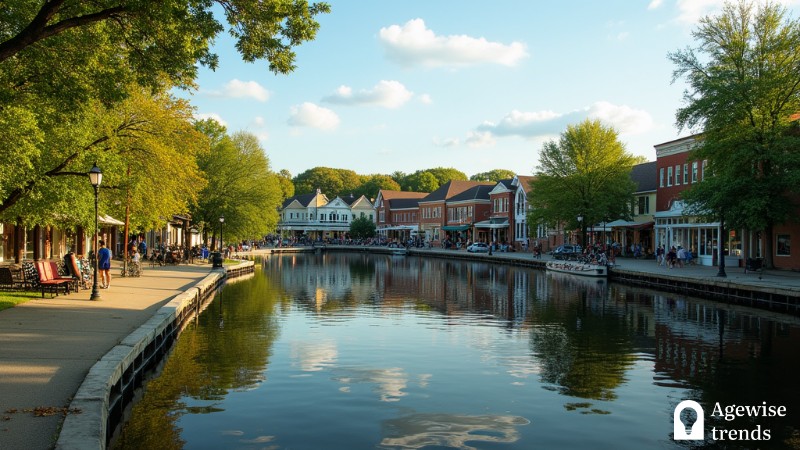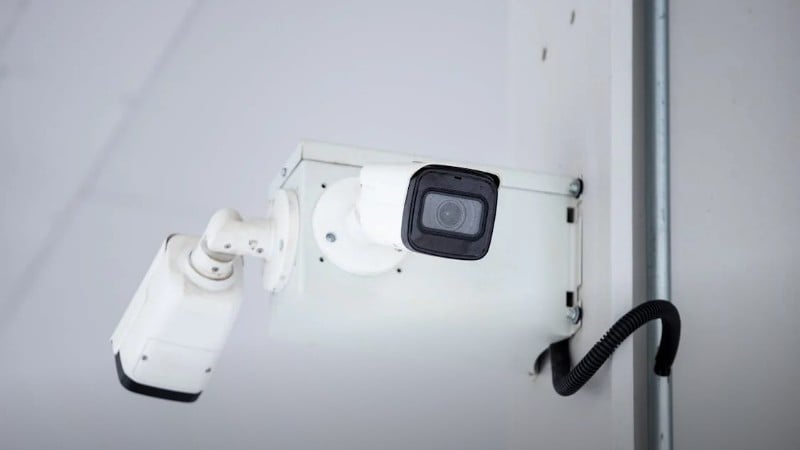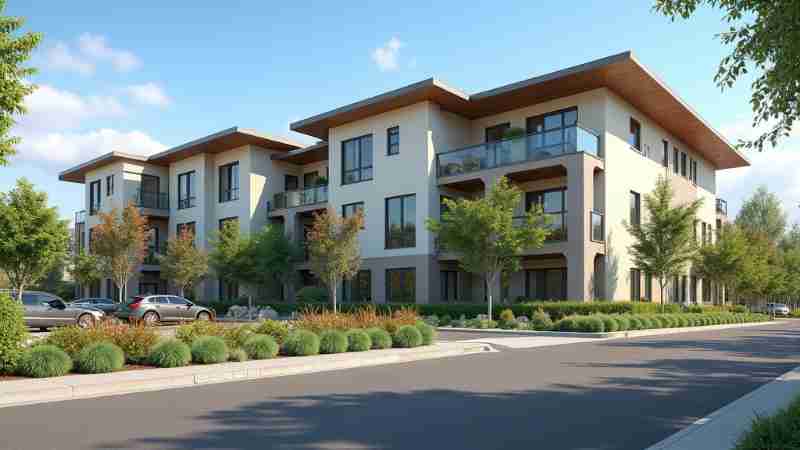Power outages in senior housing options are one of the most pressing issues during hurricanes and other severe storms that strike the Texas coast. For state Sen. Borris Miles, this means receiving frantic calls from residents worried about elderly residents left in sweltering heat due to non-functional air conditioning. This issue resurfaced during Hurricane Beryl when an assisted living facility lost power, leaving vulnerable seniors without cooling or elevator access.
As extreme weather events become more common, Texas lawmakers are advocating for improved disaster preparedness in senior living facilities. Several state legislators, including Miles, have filed legislation requiring backup generators in senior independent living communities, nursing homes, and assisted living institutions. The idea is to keep elderly Texans from becoming stranded in dangerous settings during power outages.
Key Takeaways
Texas lawmakers are advocating for legislation to require backup generators in senior living facilities to ensure the safety of elderly residents during power outages caused by severe weather.
- State legislators have filed bills requiring emergency generators in senior independent living communities, nursing homes, and assisted living institutions.
- Proposed laws aim to mandate at least 72 hours of backup power for cooling and heating systems in these facilities.
- Advocates are pushing for a statewide database to monitor the emergency preparedness strategies of senior care facilities.
Addressing power needs in senior assisted living
For senior citizens who require assistance with everyday tasks but do not require critical medical care, senior assisted living facilities offer a combination of accommodation, meals, and limited medical assistance. Texas law does not now require these facilities to include backup generators, despite their significance in senior care. As seen by previous hurricanes and other catastrophic weather events, this puts locals in danger during protracted power outages.
Senate Bill 481, introduced by Sen. Carol Alvarado, seeks to change this by requiring emergency generators in senior assisted living facilities’ disaster plans. House Bill 1199, proposed by Rep. Christian Manuel, would mandate backup power for at least 72 hours. While the long-term care industry has resisted these measures due to cost concerns, advocates stress that ensuring seniors’ safety should be the priority, particularly as extreme weather events continue to highlight the dangers of power loss.
Texans know firsthand the impact of being without power, particularly in elder care facilities where the stakes are incredibly high
Christian Manuel, State Representative for Texas House District 22
Strengthening protections in senior nursing homes
Senior nursing facilities offer complete medical care and assistance to senior citizens who need round-the-clock monitoring. Unlike assisted living facilities, new nursing homes in Texas are required to have emergency generators for essential systems like lighting, fire alarms, and medical equipment. However, for assisted living facilities, existing regulations do not mandate backup power for cooling and heating, leaving residents vulnerable to extreme temperatures during outages.
Although enforcement varies, federal requirements mandate generators in nursing facilities that are being constructed or remodeled. Rep. Suleman Lalani proposed House Bill 1467, which would require all assisted living and senior care institutions to have generators in order to keep their heating and cooling systems running in an emergency.
Furthermore, Lalani’s House Bill 863 suggests setting up a statewide database to monitor senior care facilities’ emergency preparedness strategies. This would enable first responders to prioritize assistance in the event of a crisis.
These initiatives are a response to growing concerns that some of Texas’ most vulnerable citizens are not adequately protected by the state’s present rules.
Overcoming legislative and industry challenges
Despite broad recognition of the issue, previous efforts to mandate generators have faced resistance from the senior housing and long-term care industries. The Texas Health Care Association argues that costs are a major barrier and suggests prioritizing overall care improvements instead.
To address financial concerns, Rep. Ana Hernandez introduced House Bill 2224, requiring backup power for at least one elevator in assisted living and nursing home facilities for 48 hours. Meanwhile, Harris County has updated its fire code to mandate generators in unincorporated senior facilities, reflecting a growing urgency for local protections.
As Texas faces more severe storms, lawmakers and advocacy groups like AARP Texas continue pushing for stronger mandates. Ensuring dependable backup power in senior nursing homes, senior assisted living facilities, and senior housing options is not just a policy debate—it’s a critical health and safety issue.






